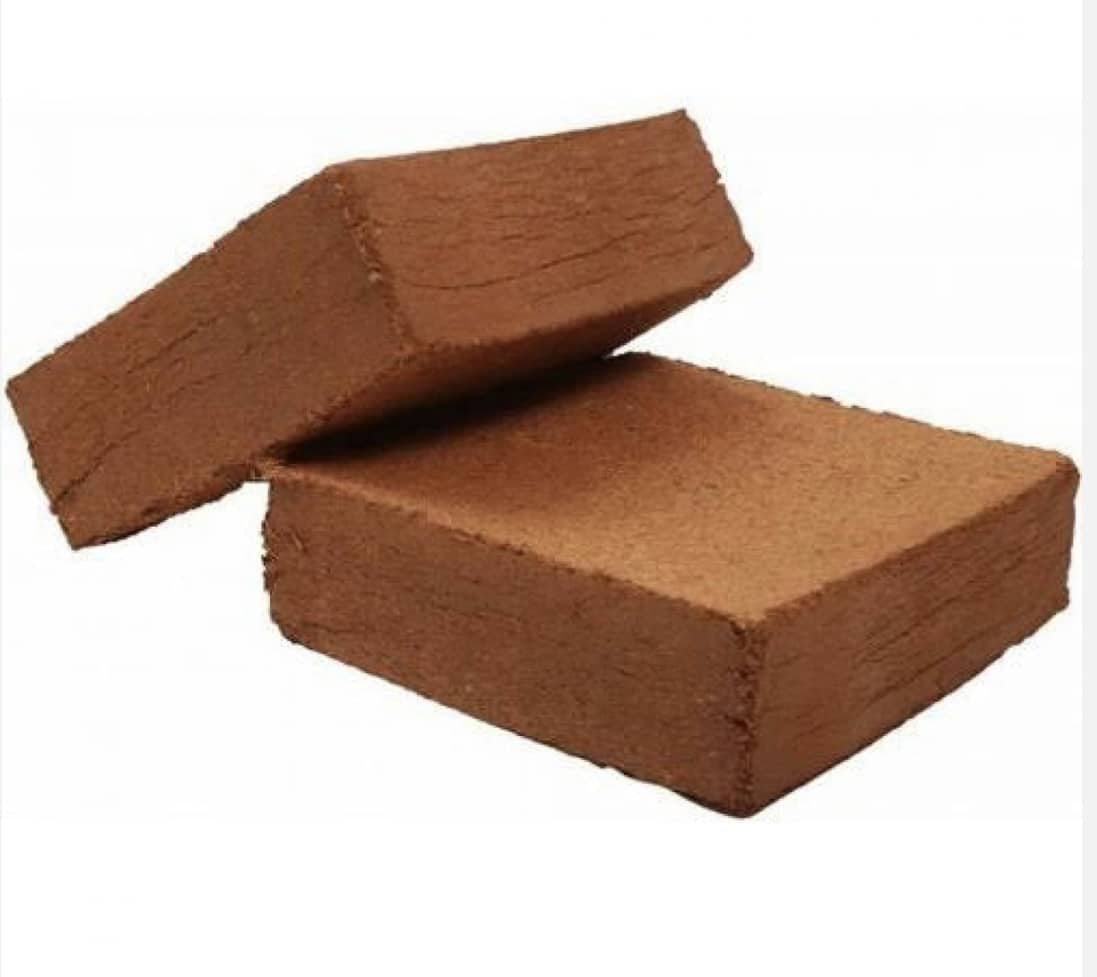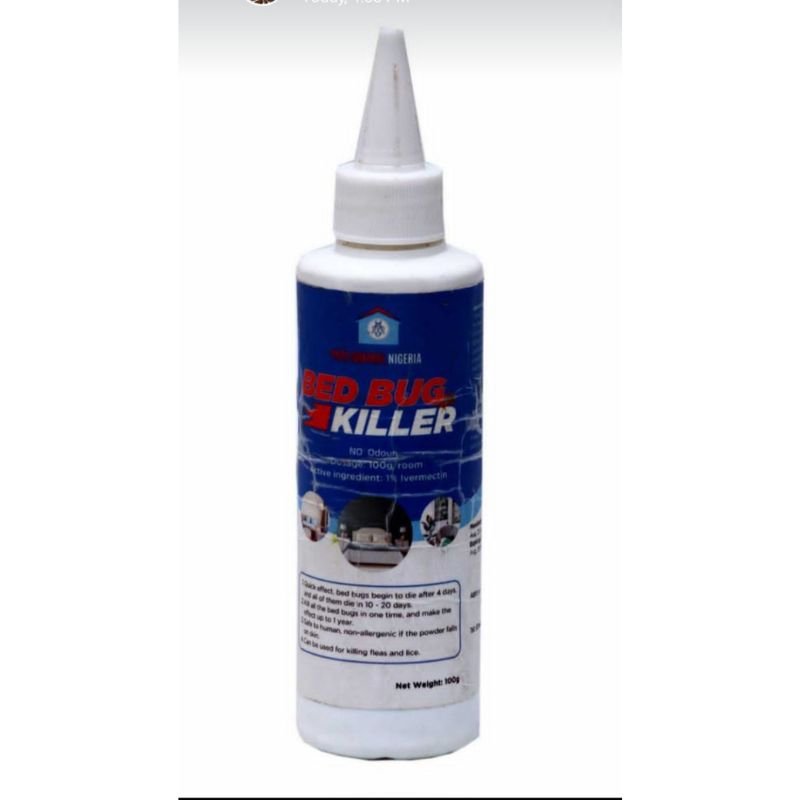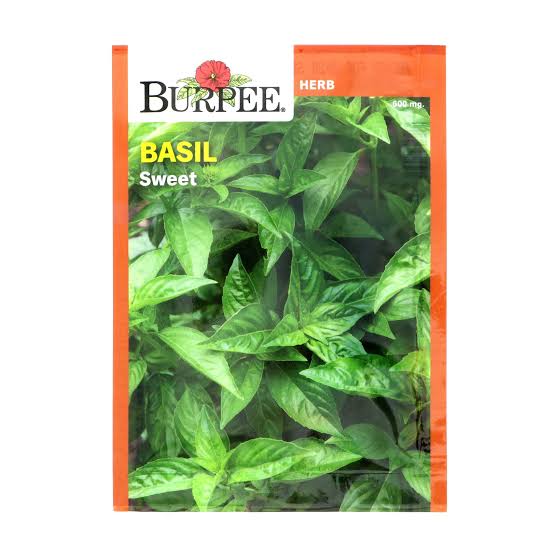Gardening with Nature
When it comes to pest and disease management, the use of pesticides and insecticides is NOT always the best and only solution. While they offer immediate effect in terms of eradicating the unwanted organisms in the garden, they can be harmful to the environment and human health in the long run.
The fact is there are sustainable options that we could make use of as an alternative to these harmful chemicals. The key is to work with nature rather than against it. You’ll be surprised to know that some of these practices are even simpler than you think.
So let’s start understanding a few facts about gardening.
Gardening is not only about plants.
Every gardener’s purpose is to produce a bountiful harvest of fresh fruits, vegetables, herbs and herbs. Others garden for the purpose and joy of growing beautiful flowers and other ornamentals. Regardless, you must think not only of plants when you’re gardening.
There are a lot of organisms who also inhabit a garden including insects, birds, worms, decomposers, bacteria among others. Therefore, when trying to impose a management practice, you should think first how it will affect the other organisms thriving in the garden’s ecosystem.
Not all insects are enemies.
One of the downsides of spraying chemicals is that it kills most of the insects in the garden, both good and bad. This is one of the major reasons why the number of pollinators have significantly declined worldwide. Remember that there are beneficial insects which play an important role in the process of natural pollination and pest management.
Using fertilizers isn’t always the solution.
Most people think that in order to keep their plants healthy, they need to apply more fertilizers. This isn’t always true. Yes, plants require nutrients to flourish but adding more fertilizers isn’t the only way to make them well-fed.
Overuse of synthetic fertilizers especially will increase the acidity of the soil through time. You should mind the status of your soil before you move on planting crops the next season. Checking the health of the soil through laboratory soil analysis is a crucial step.
Don’t just plant, PLAN.
Planning your garden is a crucial place to start. There are different seasons for best planting of certain crops. It’s the reason why crop calendars are created. Don’t rush sowing seeds and expect miracles to happen. Yes, the seeds may grow but there’s no guarantee that they’d flourish if the timing is wrong.
The climate type, the prevailing season, and other environmental factors should serve as your cue in planning your garden. Planning will help you execute the proper management practices required to grow your garden.
Now, given that you’ve been educated with all these facts about gardening. Let’s discuss the ways and means by which you can work with nature and maintain harmony.
Simple Tips on Working with Nature
Recycle nutrients.
Most nutrients applied using inorganic fertilizers are easily leached off the soil. These nutrients are then lost to water bodies causing pollution. Heavy usage of artificial sources of nutrients is detrimental to nature. Thus, we encourage you to opt for organic sources.
Instead of buying fertilizers, you can create your own through composting kitchen waste, dead leaves, grass, animal manure and other organic sources available in the garden. This is a better way to get rid of your garden waste without burning them.
Use natural predators.


There are various relationships among organisms that exist in our ecosystem. Naturally, certain organisms live by consuming the others. They prey on other organisms to survive. Natural predators can be of advantage in terms of pest management.
For example, ladybugs, praying mantis and hoverflies among other things are there to eat soft bodied pests like aphids, birds feed on slugs, caterpillars and insects. Frogs, lizards and toads also do the same. The presence of these organisms help keep the number of pests in check.
Create your own organic pesticides.
In managing small gardens, homemade pesticides will most likely suffice. Many gardeners use a mixture of diluted neem oil, garlic, chili or hot pepper to spray on infested parts of plants. There are various ways to do it and each mixture depends on what type of pests you’re trying to control.
Plant a flower garden for pollinators.
To ensure that pollinators have a safe haven, plant a flower garden. Not only do they add attraction but they also help pollinators such as bees and butterflies have a steady supply of food. Growing flowers is definitely helpful in maintaining balance in the garden’s ecosystem.
Interplanting flowering plants in your edible gardens invite beneficial and predatory organisms that can naturally manage the pests causing damage in the garden, there by reducing the need for chemical and non chemical pesticides.
Try to combine both annual and perennial flowering plants and make sure there are various colors. Check out our seed catalog for available flower seeds.
Sanitize and sterilize.
As simple as it may seem, sanitization can either make or break your garden. Always clean your gardening tools to avoid the spread of disease-causing pathogens.
Soil sterilization is also an important practice that should never be neglected. This helps prevent the proliferation of soilborne pathogens.
Clean up your garden.
Make it a habit to remove diseased, infested, and dead plants out of your garden. This simple routine would help prevent the spread of disease and pests early on. Clean up the areas where weeds are growing to help plants thrive and make the most of the nutrients present in the soil.
There’s nothing more therapeutic than spending time with nature more especially if that is your own garden. Always remember that gardens are a place not only for plants and humans but also for other beneficial organisms cohabiting in the same ecosystem. Treat everyone well by gardening with nature.











